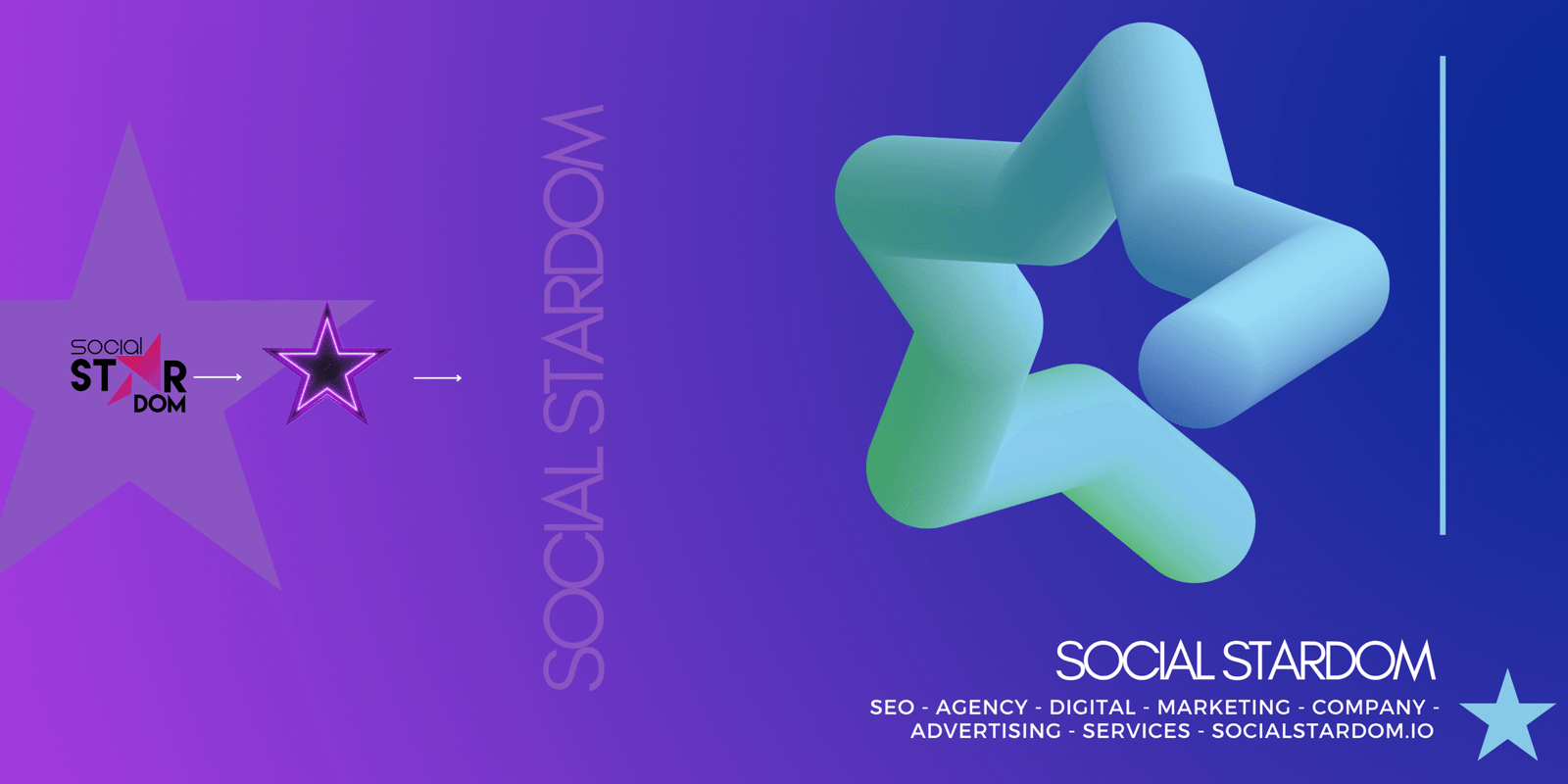Local Tourism SEO in Pune: A Comprehensive Guide
In an era where digital presence is vital for businesses, Local Tourism SEO in Pune has emerged as a crucial strategy for attracting travelers and enhancing the visibility of local destinations. This article delves into the intricacies of Local Tourism SEO, providing you with insights on how to optimize your tourism website or business for local searches, effectively reaching your target audience.
What is Local Tourism SEO?
Local Tourism SEO refers to the practice of optimizing your online content specifically for local searches related to tourism. Whether you’re a hotel, travel agency, or tourist attraction in Pune, employing effective Local SEO strategies can help draw in more visitors by ensuring your business appears prominently in search engine results.
Importance of Local Tourism SEO
- Increased Visibility: With more travelers searching online for local attractions, a well-optimized website can enhance your visibility in local search results.
- Targeted Traffic: Local SEO allows you to attract visitors who are specifically looking for services in Pune, increasing conversion rates.
- Enhanced User Experience: By optimizing your website for local searches, you can provide relevant information tailored to your audience’s needs.
- Competitive Advantage: Many local tourism businesses may not fully utilize Local SEO techniques, giving you an edge over competitors.
Key Components of Local Tourism SEO
Keyword Research
Effective keyword research is the cornerstone of Local Tourism SEO. Here’s how to do it:
- Use Localized Keywords: Incorporate phrases such as “tourist attractions in Pune,” “hotels in Pune,” or “best restaurants in Pune.”
- Utilize Tools: Keywords tools like Google Keyword Planner, SEMrush, and Ahrefs can help identify popular search terms.
- Analyze Competitors: Review competitors’ websites to uncover keywords they are ranking for.
On-Page SEO
Optimize your website’s content to enhance its relevance to local searches.
Title Tags and Meta Descriptions
- Create unique and descriptive title tags that include local keywords.
- Write engaging meta descriptions to encourage click-throughs from search results.
Header Tags
Use header tags (H1, H2, H3) strategically to organize content and include relevant keywords.
Local Content
Develop engaging content that reflects the local culture, attractions, and activities in Pune. Consider blog posts, guides, and event listings.
Google My Business Optimization
Claim and optimize your Google My Business profile:
- Accurate Information: Ensure your business name, address, and phone number (NAP) are correct.
- Categories: Select relevant categories and subcategories that accurately reflect your business.
- Photos and Reviews: Upload high-quality images and encourage customers to leave positive reviews.
Local Link Building
Building quality backlinks from local websites can significantly enhance your SEO efforts.
- Collaborate with Local Businesses: Partner with local tourism businesses or bloggers for guest posts or link exchanges.
- Join Local Directories: Register your business on local directories and tourism websites.
Social Media Integration
Social media plays a vital role in Local Tourism SEO. Here are some strategies:
- Engage with the Local Community: Share local stories, events, and tourism highlights.
- Use Hashtags: Leverage local hashtags to increase your posts’ visibility.
- Encourage User-Generated Content: Prompt visitors to share their experiences and tag your business.
Measuring Success
To evaluate the effectiveness of your Local Tourism SEO efforts, use tools such as Google Analytics and Google Search Console. Key metrics to track include:
| Metric | Description |
|---|---|
| Organic Traffic | The number of visitors coming from search engines |
| Bounce Rate | Percentage of visitors leaving after viewing one page |
| Conversion Rate | The percentage of visitors completing a desired action (e.g., booking a tour) |
| Keyword Rankings | The position of your keywords in search results |
| Local Map Pack Clicks | Clicks from the local map pack displayed on Google |
Challenges of Local Tourism SEO
While optimizing for Local Tourism SEO in Pune offers significant benefits, it also comes with challenges:
- Constant Changes in Algorithms: Keeping up with search engine algorithms can be demanding.
- Competition: Many local businesses may be competing for the same keywords.
- Maintaining Updated Information: Regularly updating business information can be time-consuming.
FAQs on Local Tourism SEO in Pune
What is the primary goal of Local Tourism SEO?
The primary goal of Local Tourism SEO is to enhance the online visibility of tourism-related businesses in Pune, driving more targeted traffic from local searches.
How long does it take to see results from Local SEO?
Typically, it can take anywhere from 3 to 6 months to see significant results from Local SEO efforts, depending on the competitiveness of your niche and the strategies employed.
Is Google My Business necessary for Local Tourism SEO?
Yes, Google My Business is crucial for Local Tourism SEO as it helps your business appear in local search results and Google Maps, significantly increasing visibility.
Can social media impact Local Tourism SEO?
Absolutely! Social media can enhance your Local SEO by driving traffic to your website, increasing engagement, and helping generate local backlinks.
What are some common mistakes to avoid in Local SEO?
Common mistakes include neglecting mobile optimization, failing to claim your Google My Business profile, and not optimizing for localized keywords.
In summary, investing in Local Tourism SEO in Pune can lead to substantial growth for your business. By following the strategies discussed in this guide, you can improve your online presence and attract more visitors to your local attractions. For more insights and services on Local Tourism SEO, visit Social Stardom.

